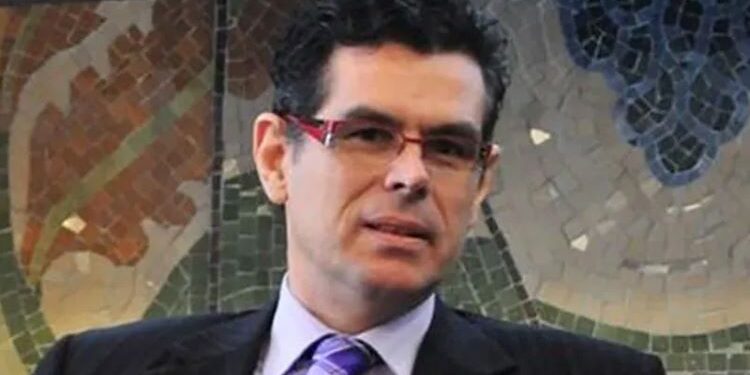Eduardo González
The Association of Spanish Diplomats (ADE) has congratulated their Portuguese counterparts on the approval of their country’s new Statute of the Diplomatic Career and lamented that, “in the case of Spain, we are still far from achieving these conditions.”
“We have read with great interest your government’s recently approved Decree Law regarding your country’s new Statute of the Diplomatic Career (whose equivalent in Spain would be the Regulations of the Diplomatic Career),” writes Alberto Virella in an open letter sent last Tuesday, April 29, to Joáo Bezerra da Silva, president of the Trade Union Association of Portuguese Diplomats (ASDP).
“With sincere appreciation for our Portuguese colleagues, we have happily witnessed the professional, social, and family unity achievements reflected therein,” the letter continues. “Many of these achievements place the Portuguese diplomatic service closer to the treatment received by the vast majority of diplomatic services in other neighboring countries, and in particular, in the European Union, including the European External Action Service, which we all contribute to funding,” it adds.
“We are aware that for Portuguese diplomats, this is a first step toward dignifying their country’s diplomatic service, and that the regulatory development of some of the aspects of the new Statute is still necessary, as well as the effective updating of salary supplements for diplomats abroad, after more than 30 years,” writes Virella.
“In the case of Spain, we are still far from achieving these conditions,” asserts the president of the ADE. “To this day, a regulation from 1955 is still partially in force, that is, from the period when our countries suffered dictatorships,” he laments. “That is why we especially value the fact that they have achieved demands that we aspire to achieve in the case of Spain,” affirms Alberto Virella.
Among these demands, the president affirms that the State must guarantee the right to education for the children of diplomatic officials, “despite the numerous changes of country and school,” and the payment of annual travel tickets “for officials and their dependents so that they can, at least once a year, maintain ties to their country of origin (or twice, in the case of certain destination countries).”
Spouses and partners
Virella also calls for “support measures for spouses and common-law partners, who sacrifice their professional lives to accompany us around the world.” Regarding this last point, the president of ADE highlights “the clear reference made by the Portuguese law to the ‘support that spouses and partners can provide to the representation of the State,’ as in fact this is often the case.”
“Furthermore, it grants them the right to a position in the foreign service units of the locality where the official has been assigned,” he continues. “In the event that they interrupt their professional activity, the Portuguese Ministry of Foreign Affairs pays their Social Security contributions for the purposes of their future pensions, and they can also request unpaid leave to accompany the diplomat, without interrupting the calculation of their seniority in the Administration,” he concludes.






